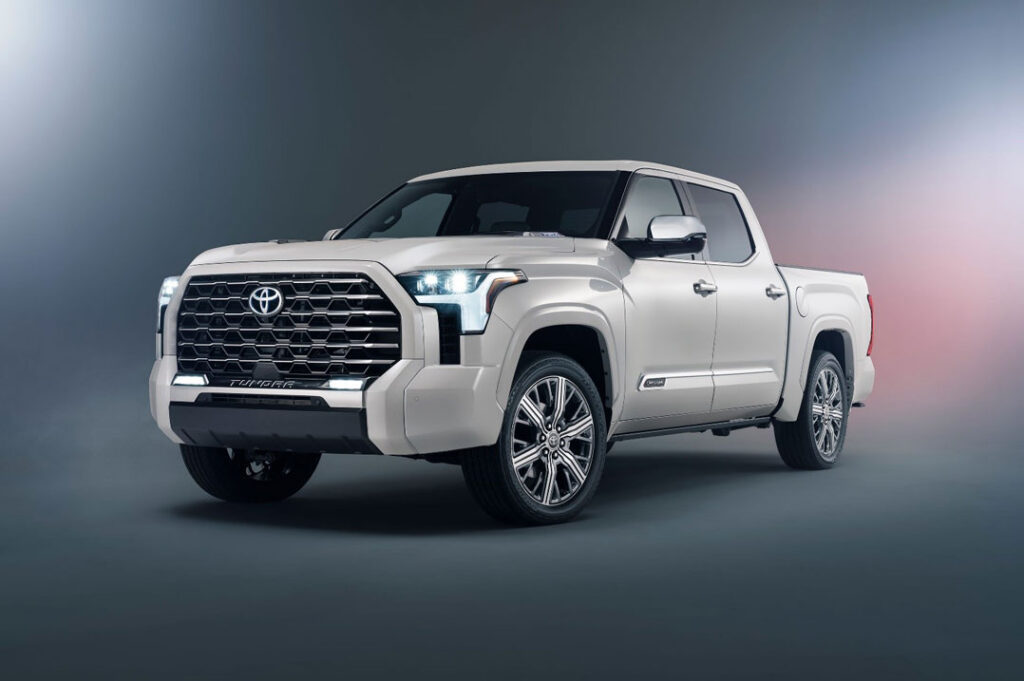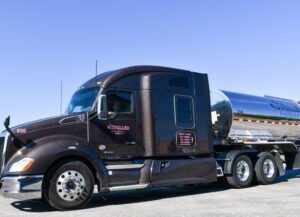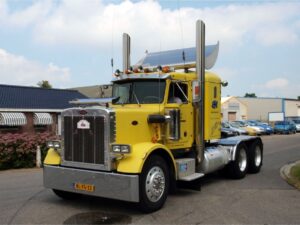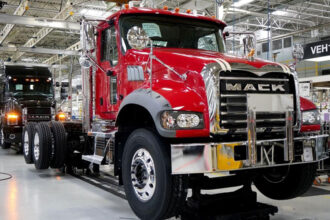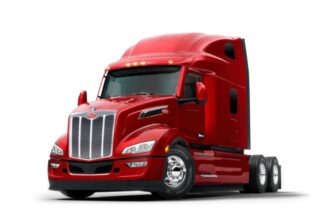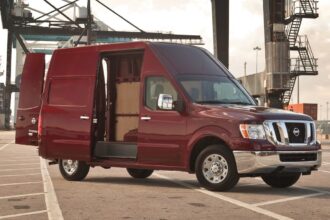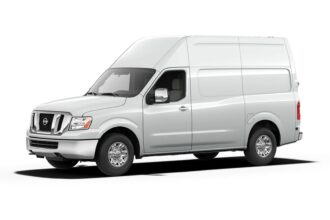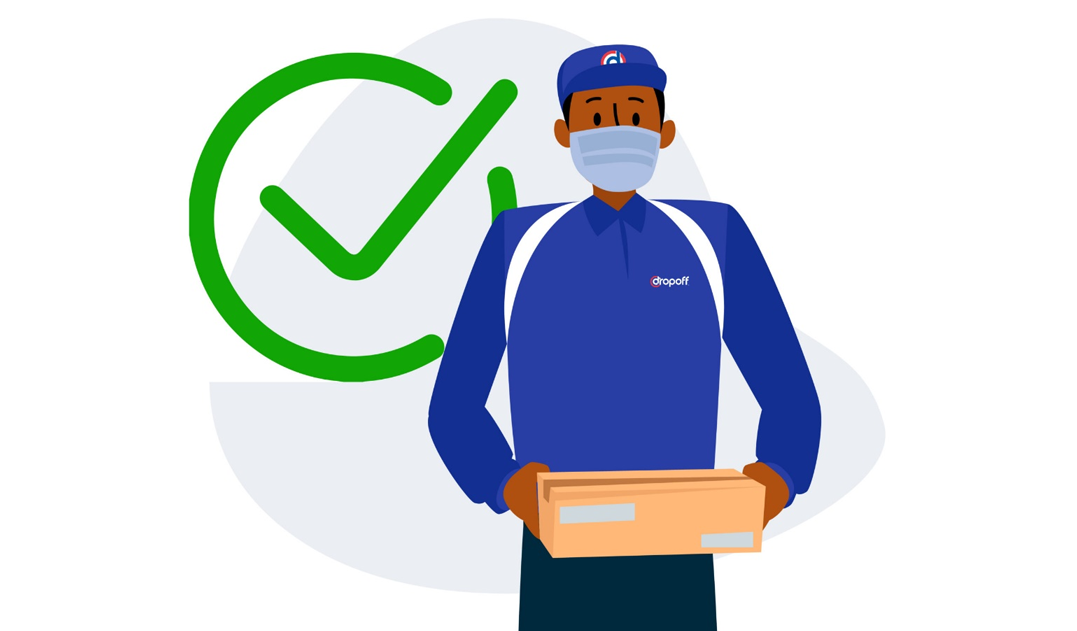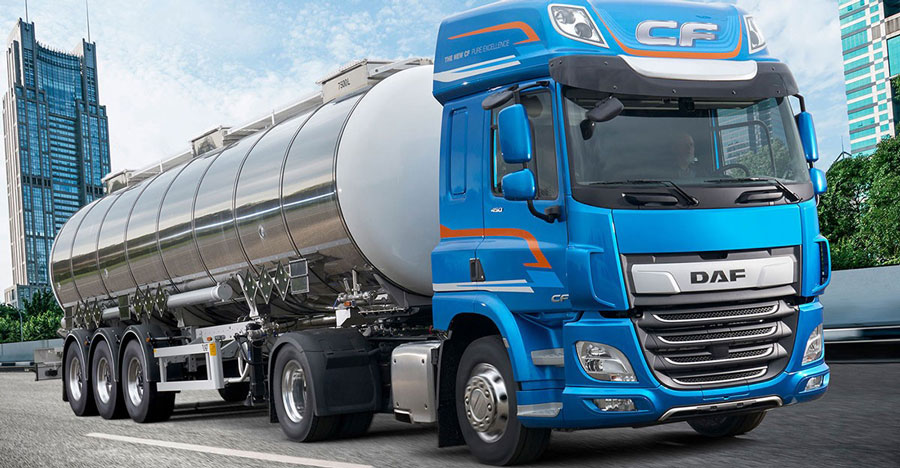Table of Contents
Introduction
How can I lease a pickup truck for business? You’re probably asking…
Well, it’s not that complicated if you know what you’re doing. And the best part is that you can make significant income from this business model.
However, there are important factors you must take into consideration for a successful truck pickup business. Factors such as lease terms, your budget, finding a suitable truck, and many more, are crucial as you plan.
Not to worry, this article provides everything you need to hire a pickup truck for business. Make sure you consume this piece until the end.
To lease a pickup truck for business:
1. Be Clear On What You Need the Truck for
2. Prepare a Budget
3. Explore the Best Lease Deals Available
4. Get Used to the Lease Terms
5. Choose a Suitable Pickup Truck for Your Business
6. Conduct a Thorough Inspection of the Vehicle
7. Reach an Agreement on the Lease Terms
8. Be Aware of the Tax Requirements
9. Make Preparations for Insurance
10. Conclude the Lease Agreement
Recap
Be Clear On What You Need the Truck for
To lease a pickup truck for business, define the purpose and for which you’re hiring the vehicle.
Be aware that most people hire a pickup truck for either hauling or transportation business. Which one are you? By answering these questions, you have a better ground to plan well, develop a budget, and decide the type of truck you need.
This stage also helps you to understand how to handle tax requirements. Find out more about the truck’s size and cab configuration. That way, you determine whether it’s a regular cab, extended cab, or crew cab. Be intentional about it.
Verify how long the vehicle retains fuel, the payload capacity, and the towing capability. Assess further features you may need for business operations as you make preparations. Once you’re done gathering the necessary preliminary details, you can head on to the next step.
>>>MORE: Is Pickup Truck Good Business?
Prepare a Budget
To hire a pickup truck for business, find out how much you can afford to spend every month on leasing the said vehicle. Begin by calculating the total lease cost across the total period you need it.
If you’re to make calculations and know the total lease cost, you need to apply the following formula. You’re multiplying the monthly lease cost by the lease term.
In the case of the Ford F-150 pickup, for example, if $289 per month would be the cost of a 24-month lease, your math calculation should be $289 x 24 = $6,936.
Don’t forget…you must factor in the monthly lease payments, any upfront fees, taxes, and extra charges when preparing your budget. That way, you make an informed financial decision.
Explore the Best Lease Deals Available
To hire a pickup truck for business, shop around different lease deals from various dealerships and providers. That way, you get deals with the best incentives, promos, and special offers so you can cut down on the overall cost.
Currently, a few companies are topping the list of the best pickup trucks with great deals. You have the Ford Ranger which charges $289 for a 24-month lease. The Honda Ridgeline is leased at $329 for 36 months, while the mighty Ford F-150 is currently offering a lease at $319/mo for 36 months.
Mind you…these best deals recommendations are windows to helping you dig in deeper. Find deals that align with your business needs and goals so you don’t choose the wrong deal in your quest to cut costs.
Get Used to the Lease Terms
To lease a pickup truck for business, familiarize yourself with the lease terms to make informed decisions.
For starters, lease period helps you understand the length of time you’re hiring the pickup truck. Normally, when you go for longer leader terms, you pay less. This is why you must recognize key factors such as the monthly rent payment, the capital cost for the truck, and the residual value (the value of the truck at the end of the lease period).
Also, take note of the mileage allowed for the truck, and the disposition fee. It is also a crucial area to pay attention to when familiarizing yourself with the lease terms.
You may ask, what’s a disposition fee? Well, it’s that amount you pay at the end of the lease term which covers the costs of processing the vehicle’s return. In addition to disposition fee, find out if the truck has a purchase option, in case, you want to buy the vehicle at the end of the rent term.
Choose a Suitable Pickup Truck for Your Business
To hire a pickup truck for business, find the right vehicle you can afford, and also aligns with your business needs and goals.
Don’t forget to the following factors into consideration: The payload capacity, the bed length, towing capability, cab configuration, fuel efficiency, the technology and features the truck comes with, and many more.
You should also consider the following options when choosing your preferred pickup truck: the 2024 Ford Maverick, Honda Ridgeline, Hyundai Stana Cruz, Ford F-150, and the 2025 Ram 1500.
Remember, these are just recommendations. They are subject to adjustments by you. In the end, you must choose a pickup truck that provides the functionality, performance, and value you need if you want your business to succeed.
Conduct a Thorough Inspection of the Vehicle
To lease a pickup truck for your merchandise, carefully scrutinize the vehicle to ensure you’re getting it in a healthy condition.
Begin with the outer part of the vehicle. You want to check for damages, scratches, dents, or rust on the panels, bumpers, or any other part of the vehicle. Inspect the tires and paintings for consistency. Further inspect the underbody for rust, corrosion, or damage.
Don’t forget the interior part of the vehicle. Check the windows, locks, and mirrors. Ensure the air conditioning, stereo, controls, etc… are working well.
Verify the upholstery, carpets, and seats. You want to ensure everything is working…or at least, you know what’s not working so you don’t pay for damages you never incurred.
And by the way, you don’t have to do it alone. Find someone who knows a thing or two about trucks and motor parts. They may be a friend or family member. You can hire a professional. Ask them to assist you in checking for any faults or deformities in the vehicle.
Reach an Agreement on the Lease Terms
To hire a pickup truck for business, don’t be scared to negotiate terms and come to an agreement. When negotiating terms, there are a couple of things you must factor in.
Firstly, know how much you’re paying every month for the lease. When the figure is clear, you can know exactly what percentage to negotiate on.
Secondly, check how long the lease is gonna last. This is another crucial factor that can help you know where to negotiate from.
Thirdly, know the mileage limits. The mileage limits tell you the distance the vehicle can cover. By knowing the limits, you can be better positioned to discuss terms. Keep in mind that dealers are open for negotiation…they want to reach a mutually beneficial arrangement with you. So, take your chances.
After all, you want a price cut…or don’t you?
Be Aware of the Tax Requirements
To lease a pickup truck for business, understand the tax requirements that come with hiring the vehicle.
When you lease a truck for business purposes, it is typically tax-deductible. In simpler terms, you can subtract the total cost of lease payments from your business’s taxable income. This way, you reduce the total tax liability.
Remember to utilize section 179 of the Internal Revenue Code. This code allows you to remove the complete cost of a qualifying vehicle from the year the lease was placed instead of reducing the cost over an extended period.
Keep in mind, also, that the longer your lease term is, the better ground you have to benefit from tax advantages. You get to spread out the deductions across many years.
Check-in with your state and local taxes, along with alternative minimum tax (AMT) to know their impacts on your lease. When you properly comprehend these metrics, you can help yourself to make informed decisions and enjoy tax benefits.
>>>GET SMARTER: Pickup Truck Business Startup Mistakes You Must Avoid
Make Preparations for Insurance
To hire a pickup truck for business purposes, make insurance arrangements.
Mind you, when you place the pickup truck on insurance, you protect your business from incurring unnecessary expenses during accidents, car loss, or any other unforeseen circumstances.
Check in with the available insurance companies you know and learn about their offerings. You can research more on insurance companies like Progressive, The Hartford, Travelers, Nationwide, and more.
Are you going for liability insurance? A collision coverage? Or a comprehensive coverage? You tell!
There are different available options you can choose from. Most people go for commercial insurance. Normally, you can get insurance coverage anywhere between $800 and $1,200.
So, do your thing, and choose what works for you best.
Conclude the Lease Agreement
To successfully hire a pickup truck for your merchandise, finalize the agreement by signing the contract.
Take note that this is the final step of the entire process. You must keep a sober eye to FULLY understand what you’re consenting to. So, go through the lease terms over and over again. Don’t let anyone rush you into signing the agreement. Take your time and understand what you’re doing.
Ask questions about areas you don’t fully understand. Speak with a representative to shed light on vague aspects of the terms. Cross-check to see if the vehicle you requested for is what you’re having at the moment.
Make sure all your paperwork is handy. Your business registration document, driver’s license, proof of insurance, and any other necessary documents. Once you’re sure that everything is okay, you can sign the agreement and take your truck with you.
Recap
Leasing a pickup truck for business is a smart decision if you’re clear on what you need the truck for, and set a suitable budget for the lease.
Explore the best lease deals that are available so you choose a suitable one.
Familiarize yourself with the terms of the lease, and choose the most appropriate pickup truck for your business.
Conduct a thorough inspection on the available vehicles and reach an agreement on the lease terms.
Be aware of the tax requirements, make preparations for insurance, and conclude the lease agreement.


